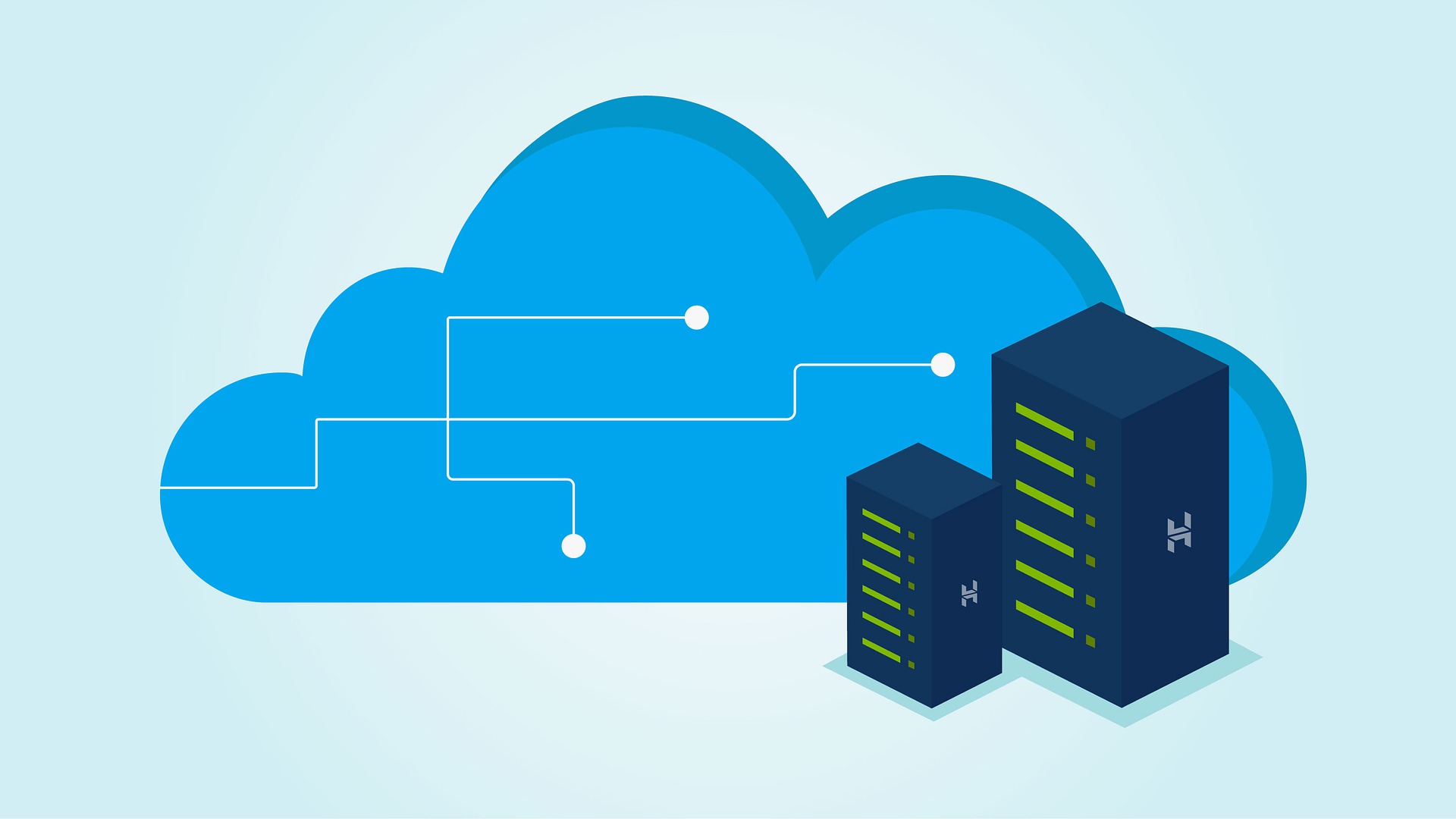In today's competitive online environment, the cornerstone of a thriving website hinges on selecting the ideal web hosting platform. The efficiency, security, and overall performance of a site are deeply tied to this crucial choice. Among the many hosting options available, the Linux Hosting Server shines as a leading choice. But what distinct features make it stand out?
Strength of a Linux Hosting Server
Linux, an open-source operating system, offers a myriad of advantages, particularly for hosting services.
- Stability and reliability
One of the primary reasons businesses and developers gravitate toward a Linux Hosting Server is its robust architecture. Websites hosted on Linux servers experience fewer downtimes and system crashes, ensuring that online platforms remain accessible to users consistently. - Cost-effective and open-source nature
Unlike many of its counterparts, Linux is open-source. This means users aren't bound by hefty licensing fees. Plus, the vast community support ensures that any issues or requirements are addressed promptly, often without any added expenses. - Flexibility and customization
Linux hosting servers are lauded for their adaptability. Whether you're running a personal blog or an e-commerce giant, Linux Hosting Server can be tailored to suit specific needs. Its open-source nature allows for ample customization, giving users the freedom to modify and optimize their hosting environment to their exact requirements.
Embracing Linux for web hosting is not just about following a trend; it's about leveraging the inherent strengths of a platform that has stood the test of time, ensuring that your online platforms are anchored on a foundation of reliability, cost-effectiveness, and adaptability.
Security Advantages of a Linux Hosting Server
Choosing a hosting server often boils down to one primary concern: security. With the increasing threats in the online space, ensuring the safety of your data and your users' information is paramount. Below is how the Linux Hosting Server rises to the challenge:
- Robust security features
Linux is inherently designed with advanced security protocols. It employs a user-based permission system, meaning unauthorized access is significantly restricted right from the outset. Each user is allocated specific rights, and these clear distinctions ensure that malicious entities find it challenging to make any unwanted modifications. - Regular updates and patches
The open-source nature of Linux means it benefits from a vast and active community. This community continually works on refining the OS, releasing regular updates and patches to tackle emerging threats. As a result, Linux hosting servers benefit from up-to-date security measures, ensuring a resilient shield against potential vulnerabilities. - Lower vulnerability to malware and hacks
The architecture of Linux is such that it's less susceptible to the common viruses and malware that plague other systems. This resilience is due, in part, to the fact that many malware programs are designed specifically for Windows platforms. Additionally, Linux servers deploy applications like SELinux (Security-Enhanced Linux) which further monitor and manage access controls, limiting potential breaches.
Opting for a Linux Hosting Server is making a conscious choice for enhanced security. With its combination of in-built security features, active community support, and reduced vulnerability, Linux ensures that your web platform remains fortified against the evolving threats of the online world.
Types of Linux Hosting Solutions
Navigating the varied world of hosting solutions can be daunting, but understanding each type's benefits can help you make an informed choice. Linux Hosting solutions cater to different needs, ensuring that every business, regardless of its size or demand, finds a perfect fit.
Shared Linux Hosting: An Economical Start
- Ideal for beginners
Shared Linux Hosting Servers provides an intuitive environment, making it perfect for those just starting out in the digital realm. With user-friendly interfaces and easy-to-understand settings, even novices can navigate with ease. - Cost-effective with essential features
This option doesn’t burn a hole in your pocket. Yet, it ensures that you aren't compromising on the crucial features needed to get your website up and running efficiently. - Shared resources but powerful performance
While multiple websites might be hosted on a single server in this setup, our advanced configurations ensure that each website receives robust performance, minimizing potential downtime or lag.
VPS Linux Hosting: The Middle Ground
- Dedicated resources for growing websites
As your website grows, so does its demand for resources. A VPS Linux Hosting Server provides a dedicated slice of resources, ensuring your site runs smoothly even with increased traffic. - Better control and customization: With VPS, you get an isolated environment. This means you have more control over configurations and can customize the server settings as per your site's requirements.
- SSD servers for faster response times
VPS Linux Hosting Servers often use SSD servers, known for their blazing-fast data read/write speeds, resulting in quicker page load times and a more responsive website.
Dedicated Cloud
- Best for large-scale enterprises and high-traffic websites
When your business demands nothing but the best, Dedicated Cloud steps in. It's tailored for websites that experience high volumes of traffic and require top-notch performance around the clock. - Complete control over resources
With a dedicated Linux Hosting Server, every bit of RAM, CPU, and storage is solely for your website, ensuring that performance remains consistent and uncompromised.
Choosing the right hosting solution can make a significant difference in the success of your online presence. Linux Hosting Servers, with their impeccable blend of reliability, security, and efficiency, have proven to be a prime choice for businesses.
Whether you're a startup venturing into the digital world or a high-traffic website requiring unparalleled performance, the versatility of a Linux Hosting Server caters to a wide spectrum of needs. With advantages ranging from robust security features to cost-effectiveness, it's evident why many are gravitating towards this hosting platform.
In a world where the online landscape is constantly evolving, it's pivotal to have a hosting partner that not only understands the intricacies of the web but also values your growth.




